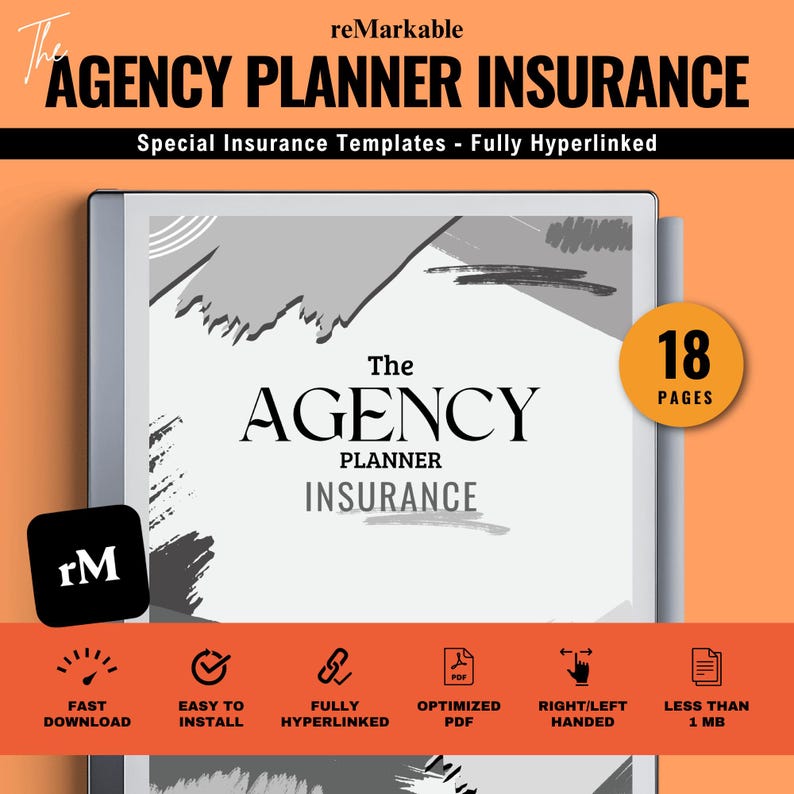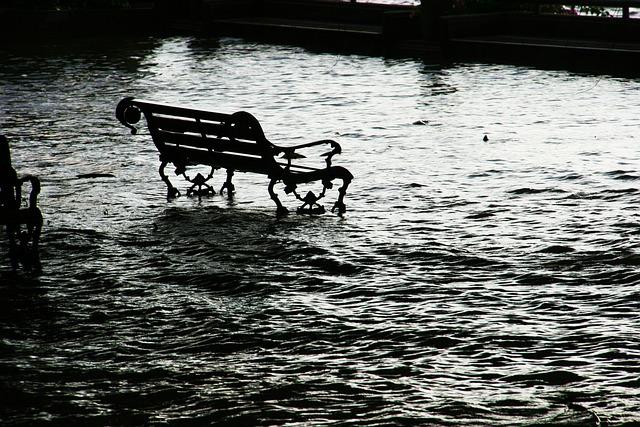Living in Hope, IN, means enjoying the charm of small-town life—but it also means being prepared for the weather challenges that come with our region. Among these, flash floods are a significant and sudden threat that can catch residents off guard. Understanding the risks and knowing how to respond quickly can save lives and protect property. In this article, we’ll share essential flash flood safety tips tailored specifically for the 47246 community, helping you stay safe when the unexpected strikes.
Table of Contents
- Essential Preparedness Measures for Flash Floods in Hope IN
- Understanding Local Flood Risks and Warning Systems
- Effective Evacuation Strategies for Hope Residents
- Critical Safety Actions to Take During and After a Flash Flood
- Final Thoughts
Essential Preparedness Measures for Flash Floods in Hope IN
Residents of Hope, IN, must remain vigilant when it comes to flash flood preparedness, as rapid water surges can catch communities off guard. Prioritize creating a comprehensive emergency plan that includes identifying safe evacuation routes and designating a family meeting spot on higher ground. Understanding the local watershed and flood-prone areas within the 47246 zip code can drastically improve your readiness. Equip your home with essential flood barriers, such as sandbags or flood gates, and ensure that gutters and storm drains are clear to minimize water accumulation around your property.
Staying informed is critical; subscribe to local weather alerts and NOAA broadcasts to receive timely warnings. Assemble a disaster supply kit stocked with necessities that can sustain your household for at least 72 hours. Key items to consider include:
- Bottled water and non-perishable food items
- Battery-powered flashlight and extra batteries
- First aid supplies and essential medications
- A fully charged mobile phone with portable charger
- Important documents sealed in waterproof bags
Preparedness blends knowledge with action—taking these proactive steps can save lives and property when every second counts.
Understanding Local Flood Risks and Warning Systems
Residents of 47246 Hope, IN, should be aware that flash floods can develop rapidly due to the area’s unique topography and weather patterns. Local waterways such as Duck Creek and nearby drainage systems can overflow quickly after heavy rainfall, creating sudden and dangerous flood conditions. It is crucial to understand how these risks can impact your property and daily routine. Pay close attention to the National Weather Service alerts specific to our region and familiarize yourself with community evacuation routes. Knowing where your high ground is and having a plan to reach it fast can make all the difference when seconds count.
Equally important is recognizing the tools designed to keep you safe. The county’s emergency notification system offers real-time updates via texts and calls, so be sure to register your phone numbers. Additionally, local radio stations and social media platforms provide timely warnings tailored to Hope’s area codes. To stay prepared, keep these reminders handy:
- Sign up for emergency alerts through official township channels.
- Install weather apps with customizable flash flood warnings.
- Identify safe zones in and around your property well before storms arrive.
- Practice situational awareness—look out for swift water changes during heavy rain.
Effective Evacuation Strategies for Hope Residents
When faced with the threat of flash flooding, swift and decisive action is crucial for residents in Hope. Prioritize moving to higher ground immediately, avoiding valleys and low-lying areas prone to sudden water surges. Do not attempt to cross flooded roads or walk through moving water, as as little as six inches of fast-moving water can knock down an adult. Familiarize yourself with local evacuation routes beforehand—many are marked and designed to help you escape quickly and safely. If you have pets, plan ahead to bring their essentials so they can evacuate with you without delay.
Preparation is key to ensuring a smooth evacuation. Have an emergency kit ready with necessary supplies such as water, non-perishable food, a flashlight, batteries, important documents, and a battery-powered radio. Before leaving, inform a trusted neighbor or family member of your evacuation plan and expected destination. Keep your vehicle fueled and ready at all times during flash flood alerts to avoid last-minute obstacles. Staying calm, organized, and informed through local alerts can make all the difference when time is of the essence.
Critical Safety Actions to Take During and After a Flash Flood
When caught in the midst of a flash flood, immediate action can mean the difference between safety and disaster. First, always move to higher ground without hesitation; even a few feet can protect you from rapidly rising waters. Avoid walking or driving through floodwaters — just six inches can knock you off your feet, and a foot of moving water can sweep a vehicle away. If your home is threatened, turn off utilities like electricity and gas to prevent fires and electrocution. Keep a battery-powered weather radio on hand to receive real-time updates, ensuring you’re informed about the evolving situation.
Once the floodwaters begin to recede, the dangers aren’t over. Beware of contaminated water, downed power lines, and unstable structures before re-entering any buildings. Use caution with food and water supplies — discard anything that may have come into contact with floodwater. It’s crucial to report hazards to local authorities and assist neighbors, especially those who are elderly or disabled. Having a clear plan and acting decisively during and after the flood can safeguard lives and minimize damage in 47246 Hope, IN.
Final Thoughts
Staying safe during a flash flood requires preparation, awareness, and swift action—especially for residents of 47246 Hope, IN, where sudden storms can turn dangerous in moments. By keeping these essential safety tips top of mind, you can protect yourself, your loved ones, and your property from the unpredictable forces of nature. Remember, when it comes to flash floods, it’s always better to be cautious than caught off guard. Stay informed, stay prepared, and stay safe.







